The Des Moines Register: “Harassment, hate speech reported across Iowa week after election”. CNN: “‘Make America White Again’ Hate speech and crimes post-election”. New York Times: “Donald Trump Is Making America Meaner”. Every major news outlet has noticed that something is happening to our country. Almost every state is reporting a spike in hate crime. For some reason, America is getting meaner. Since Trump’s step into the political sphere, there has been a shift in what some people deem morally acceptable. People now feel that whatever violent and hateful feelings they harbor at home, they now are allowed to act upon publicly. CNN has reported incidents happening in every facet of daily life. An Uber driver was verbally assaulted and followed in New York City. Swastikas and “Go Trump” were spray painted on the playground of a park in Brooklyn.
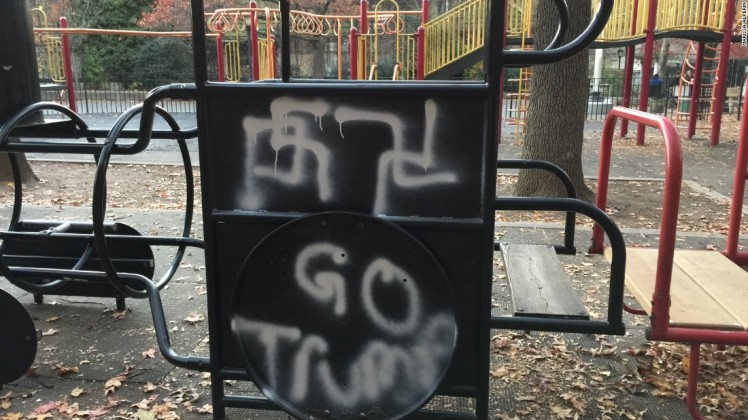
Reported by the New York Times, in the middle of a high school class, white students began chanting at their latino classmates, “Build a Wall! Build a Wall!” All three of these articles blame Trump, how he has conducted his presidential campaign, and his eventual victory, for what seems like a moral shift for our country.
Nicholas Kristof, from the New York Times, writes:
“But Trump’s harsh rhetoric tears away the veneer of civility and betrays our national motto of ‘e pluribus unum.’ He has unleashed a beast and fed its hunger, and long after this campaign is over we will be struggling to corral it again” (Kristof).
Our motto, “Out of many, one” can be interpreted in many ways but today it is commonly understood as: out of many races, cultures, ethnicities, religious backgrounds, emerges a single nation. For there to be a melting pot of so many different people, civility is demanded. Durkheim, using his analysis of religion and the power of the collective, would understand the grandeur of the mighty beast that is before us. His analysis of society and its moral hold on the individual will further our knowledge of the current situation and instill in us the necessity for a solid and consistent social force.
Throughout the text we can find many instances in which Durkheim’s descriptions of a collective’s behavior sound very similar to that of Trump supporters or protestors in general.
“The effervescence often becomes so intense that it leads to outlandish behavior; the passions unleashed are so torrential that nothing can hold them” (Durkheim 218).
Durkheim highlights the overpowering force and effect of the collective on individuals. This statement reinforces the idea that the passions of individuals, when gathered into a collective, are uncontrollable. He writes, “Probably because a collective emotion cannot be expressed collectively without some order that permits harmony and unison of movement, these gestures and cries tend to fall into rhythm and regularity, and from there into songs and dances. But in taking on a more regular form, they lost none of their natural fury. A regulated commotion is still a commotion” (Durkheim 218). He describes the “collective emotion” as so powerful that it even inspires songs and dances.
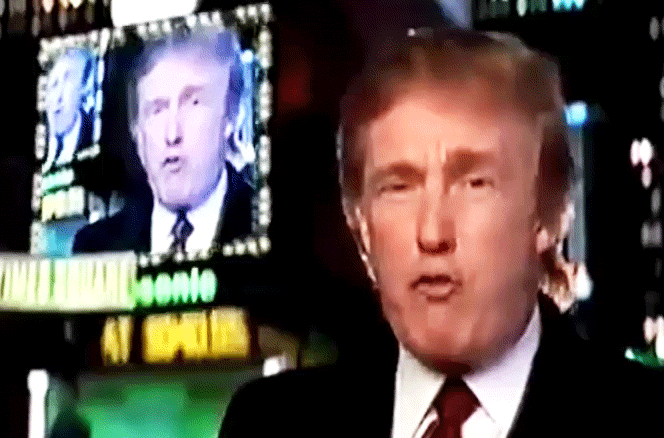
Durkheim also discusses the false feelings of autonomy that people feel from being part of a collective.
“A person is not only a singular subject that is distinguished from all the others. It is, in addition and most of all, a being to which a relative autonomy is imputed in relation to the milieu with which it interacts most directly” (Durkheim 274).
Relative autonomy is the only form of autonomy a person has. No one is capable of gaining full autonomy because we will never have complete control of our body and how our senses perceive things. Thus, we only gain autonomy when participating in the collective. Only then are we involved in something that requires us to make decisions. It is the feeling of autonomy given by the collective that perhaps makes some feel that they have dominance over others when participating in a group that preaches such ideas. So, our own perceptions of autonomy dominate us.
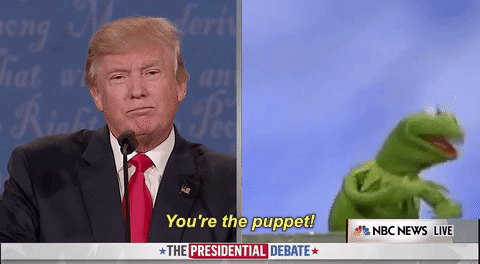
But Durkheim also argues that we have little control over ourselves.
“The only means we have of liberating ourselves from physical forces is to oppose them with collective forces” (Durkheim 274).
We are held captive in our own bodies, unable to control how we perceive things.
“Passion individualizes and yet enslaves” (Durkehim 275).
Our passions stem from our desires and senses, our bodily instincts, which we have no control over. And while it is our passions that differentiates each of us from one another, our passions also prove that we are dominated by ourselves.
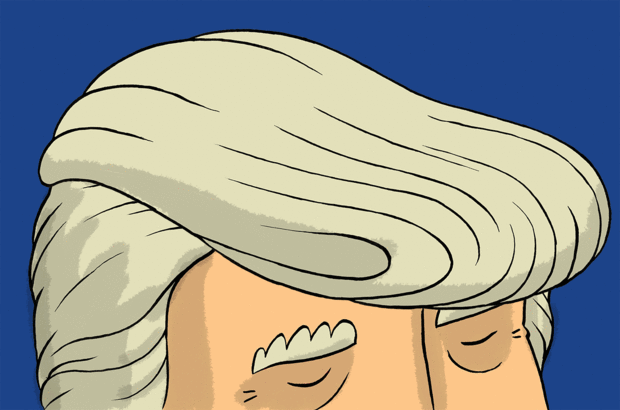
“Society requires us to make ourselves its servants, forgetful of our own interests” (209).
Basically, no matter where we turn, we are being dominated by a force far greater than ourselves or the collectives we participate in. Unable to exist outside of our bodies or a collective, we have no choice but to becomes servants to our own selves and our “clans.”
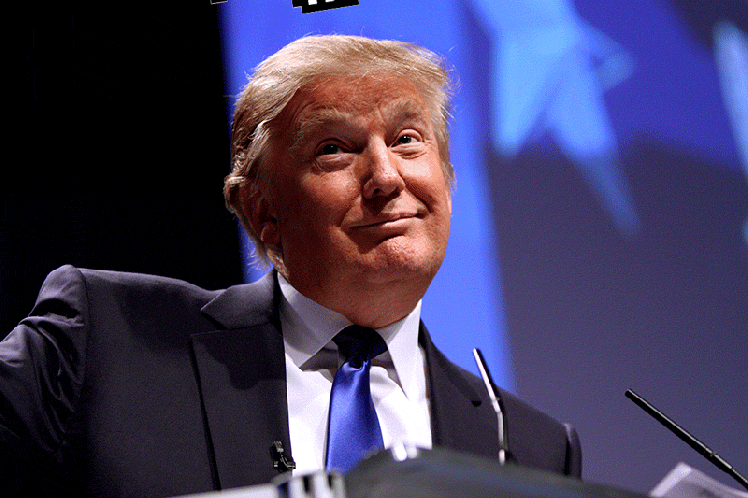
Yet, in other ways, we are freed by both ourselves and the collective. Just as our passions individualize us, so does the clan individuate us. We gain morals and values and a sense of purpose from being a part of the collective and so it becomes a necessity for us all. But when does the collective allow itself to be overpowered by an individual? How is it that the morals of one can permeate through and change those of an entire group?
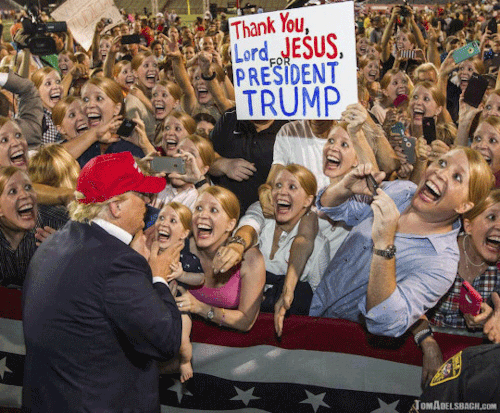
In class, we discussed the Blueberry Dilemma: if you were to drive by an unmanned blueberry stand, would you leave the appropriate amount of money for the produce you took or not? We concluded that ultimately it came down to a question of morality, and morality is largely dictated by the collective. Society wouldn’t be able to organize and function without certain moral expectations in place. Various societies have different standards for what is right and wrong, indicating that our individual moralities are actually concepts imposed by the collective.
Therefore, when society changes, morality also changes, as well as individual action. Trump supporters becoming more brazen and violent is an example of this phenomenon. Before Trump’ vitriolic campaign, hate crimes and racist graffiti would have been outwardly condemned. It still is, by many people, but the fact of the matter is that with a candidate that so vehemently preaches discrimination, his supporters have become emboldened. The Office of the President is powerful and public; in a way, it represents society. So now our society is changing, and standards of morality are sure to change with it.
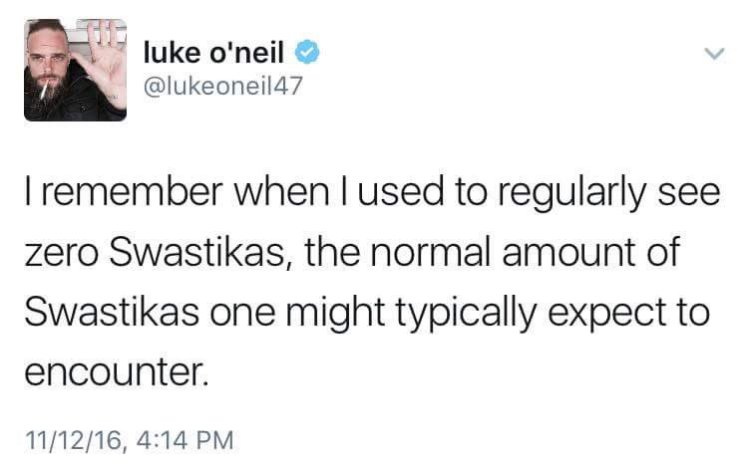
Ultimately, morality stems from the duality of man. Durkheim states in the introduction:
“Man is double. In him are two beings: an individual being that has its basis in the body and whose sphere of action is strictly limited by this fact, and a social being that represents within us the highest reality in the intellectual and moral realm that is knowable through observation: I mean society… As part of society, the individual naturally transcends himself, both when he thinks and when he acts” (Durkheim 15-16).
The double nature of man mirrors not only the duality of the profane and sacred and of empirical and collective knowledge, but also that of the body and the soul. The soul within each man is a “portion of the group’s collective soul” (Durkheim 267), which grants a sacred aspect to a man’s being. The sacred aspect, which Durkheim calls “a parcel of divinity” (Durkheim 267), endows man with a sense of morality. One may think that possessing a soul liberates man, yet the collective soul and the resulting morality weaken an individual man’s autonomy. Durkheim states that the soul “dominates the body” and that each social being lives with “a relative autonomy” (Durkheim 274). In fact, the only way in which a man can become a person is to possess a 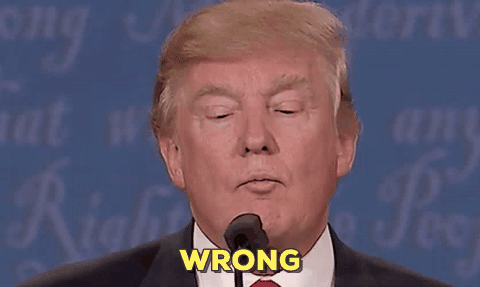 body that differentiates him from others and a collective “spiritual principle, of which individual souls are made” (Durkheim 273). Without the collective, a man cannot have an individual soul and therefore he cannot become a person. However, as part of the collective, man does not have full autonomy – he is dominated by what the collective deems morally acceptable. In current American society there are multiple broad collectives, such as the Democratic and Republican parties. Recently, the collective soul of the Republican Party has shifted. This is most visible in the fact that many individuals within the Republican collective have displayed radically altered views of what is moral. Moreover, these people are not fully autonomous. They are dominated by the soul of the collective in which they belong and they act accordingly. That is why Trump, as the leader of the Republican collective has had such a profound effect on the behavior of individuals throughout the United States.
body that differentiates him from others and a collective “spiritual principle, of which individual souls are made” (Durkheim 273). Without the collective, a man cannot have an individual soul and therefore he cannot become a person. However, as part of the collective, man does not have full autonomy – he is dominated by what the collective deems morally acceptable. In current American society there are multiple broad collectives, such as the Democratic and Republican parties. Recently, the collective soul of the Republican Party has shifted. This is most visible in the fact that many individuals within the Republican collective have displayed radically altered views of what is moral. Moreover, these people are not fully autonomous. They are dominated by the soul of the collective in which they belong and they act accordingly. That is why Trump, as the leader of the Republican collective has had such a profound effect on the behavior of individuals throughout the United States.
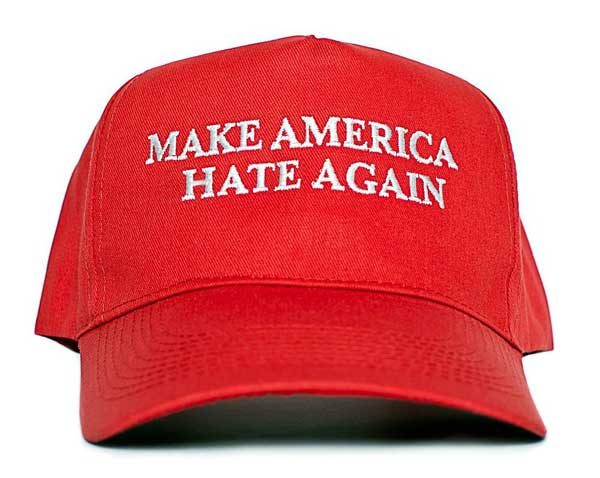
Sorry this topic was a little heavier than usual! We’ll be back with more gifs soon.
Until next time, good reader.
K.A.S.A.
I thought the discussion on the liberation of hate in the collective existence of America under Trump was eloquent and strongly connected to the feelings of collective effervescence that Durkheim points to in the totemic societies. Even though the hate may have existed in latent form before the election, seeing a collective that condones such actions or such speech was clearly a motivator for hate speech and hate crimes to come out into the open, to become normalized, and therefore to increase dramatically. Durkheim’s explication of the collective is the reason why the hate that had existed individually before was not manifested to the same levels as it is now. It is because the collective had previously rejected it, whereas now it is becoming more “mainstream.” Overall, I think this post did a really good job of connecting a modern day issue with an explanation provided by Durkheim, and the extent to which it holds is a scary thought, since it heralds the potential for several years or more of a more hateful society.
LikeLike
I think that y’all did a good job explaining the emergence of a collective unified by feelings of hate, but I don’t really see the phenomenon of crowd effervescence in your argument, while I do think that did provide crucial impetus for empowering Trump idolators. In rallies, the closest political event to Durkheim’s description of a Corroboree rite, the individual members of the crowd, fuse their passions in mass demonstration(as illustrated in the gif). Regardless of what they believe prior to the rally, trump supporters come out of the experienced electrified by the promises and imprecations carried through the loud speakers. The following hate crimes aren’t precisely instances of collective effervescence. They’re more like ritual correlaries of the Coroborree-ish rally, manifesting the supporters’ dedication to their collective.
-TEd
LikeLike
This was a really comprehensive, albeit semi-terrifying explanation of the Durkheimian basis of an apparent shift in morality prompted by the election of Donald Trump. Durkheim doesn’t focus on modern applications of collective effervescence, nor does he discuss its potentially negative applications, so this blog post was really helpful to me to understand the concept in more concrete terms. I found your phrase “soul of the collective” particularly haunting–we use the word soul today with a certain moral connotation. I went into this class believing that there was some sort of universal moral code, a benevolent collective soul. But if our souls are just modalities of the collective, and the collective can rally behind someone as “soulless,” one could say, as Trump, then can a higher moral code even exist?
LikeLike
When I started reading this article I was curious if you were going in a Foucault-like direction in which everyone’s perceptions of the world have everything to do with the formation of the collective, and nothing to do with individual actions. We are captives to the collective. (This is also clearly read in Durkheim, but I mention Foucault because of the non-action inspiring way it was presented). It struck me as curious that you spoke about the lack of control of our passions, alongside a gif showing the inside of Trump’s mind. Clearly this gif speaks about Trump’s passion of spreading what we perceive as hate, but this gif also reveals our liberal passions to label and ridicule Trump’s hateful actions. Within this two layered reading your words paired with the gif, neither Trump and the republican party nor the democratic party is capable of taking responsibility of their thoughts. You went on to speak about how Trump’s leadership changed the morality of many US citizens, which was made visible through hateful actions. I am interested in the questions you pose about how much an individual within Durkheim’s theory can have an effect on a collective. If Trump’s personality and soul is first created by the collective, how can he be changing the collective? Are we truly noticing a shift in morality, or merely a shift in power of the two collectives which you describe?
LikeLike